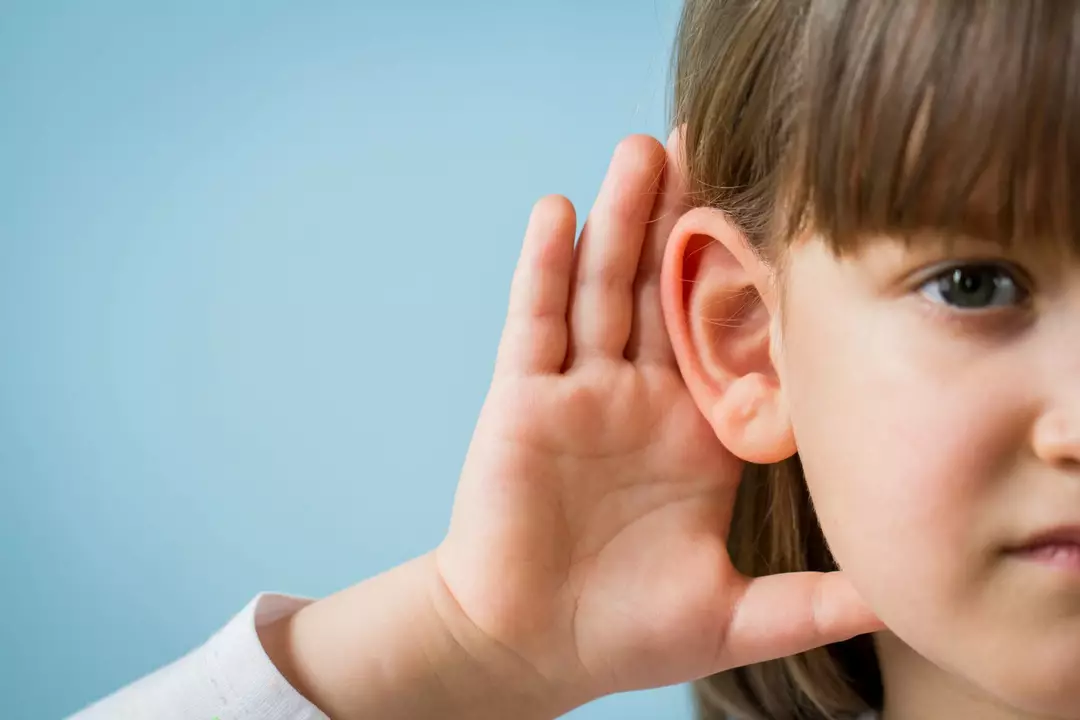Sleep disorders: how to spot them and what actually helps
Struggling to fall asleep or waking up tired even after a full night? That’s more than annoyance—sleep problems change your mood, energy, and health. This page gives clear signs of common sleep disorders, practical steps you can try tonight, and guidance on when to see a doctor.
Common sleep problems and simple signs
Insomnia: trouble falling asleep, waking up too early, or not feeling rested. If this happens at least three nights a week for a month, it's not just a bad spell. Try to note timing and triggers—stress, meds, or caffeine.
Sleep apnea: loud snoring, choking or gasping during sleep, and daytime sleepiness. A partner often notices the breathing pauses. Untreated sleep apnea raises blood pressure and heart risk.
Restless legs syndrome (RLS): an urge to move your legs with uncomfortable sensations, worse at night. Moving helps temporarily but sleep is disrupted.
Narcolepsy: sudden daytime sleep attacks, cataplexy (brief muscle weakness on emotion), or vivid dreams at sleep-wake times. This one needs a specialist diagnosis.
Quick fixes that actually work
Keep a consistent sleep schedule. Go to bed and wake up at the same time every day—even weekends. Your body’s clock loves routine.
Limit screens before bed. Blue light tricks your brain into thinking it’s daytime. Try a 60-minute wind-down with low-light activities—reading, stretching, or a warm shower.
Caffeine cutoff: stop coffee and strong tea at least 6 hours before bedtime. Alcohol may knock you out but fragments sleep later in the night.
Nap smart. If you nap, keep it under 20 minutes and before mid-afternoon. Long or late naps make night sleep harder.
Make your room work for sleep: cool, dark, and quiet. Earplugs, blackout curtains, or a fan can help more than expensive gadgets.
Move daily. Even a 20–30 minute walk earlier in the day improves sleep. Avoid intense exercise right before bed.
If pain or congestion stops you from sleeping, treat those first. For back pain, physical therapy plus medications like methocarbamol can make a big difference; see our piece on physical therapy and methocarbamol. For nasal congestion in pregnancy, read our Afrin during pregnancy guide before using decongestants.
Be careful with sleep meds. Short-term prescription use can help, but many sedating antihistamines and older drugs cause next-day grogginess or dependence. For a look at sedating antihistamines and sleep, check our Phenergan article and the Atarax alternatives piece.
When to see a doctor: if you snore loudly with gasping, fall asleep suddenly during the day, have persistent insomnia despite good sleep habits, or your sleep problem affects work or mood. Ask for a sleep study or referral to a sleep specialist. Behavioral treatments like CBT-I (cognitive behavioral therapy for insomnia) are first-line and often beat pills for long-term results.
Need specific help? Search the site for condition pages or contact a clinician. Better sleep starts with small, consistent changes—and the right help when you need it.

